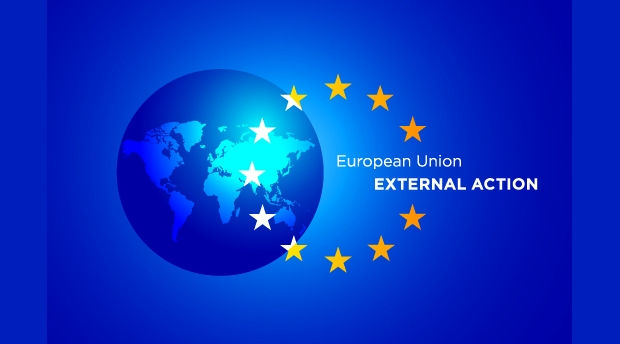Knowledge Economy.A paper by a student in Business Management at University College Wisdom of Tirana
- csbprojectitaly
- Feb 22, 2021
- 4 min read
STUDENTS' VOICE COUNTS!
Milada Kano, student in Business Management at University College Wisdom of Tirana wrote this interesting paper for the CSB Pilot Course.
Knowledge Economy (ED) means the use of knowledge to generate tangible and intangible values. Technology, as part of it, helps embody human knowledge in machines. Human intellectual capital, changes and it creates uncertainty and risk, and globalization (product unification, markets, finance, information technology, research), are the three constituent and driving forces of ED.
The knowledge-based economy, as defined by the OECD, “is an expression of the trends of advanced economies towards an increasing dependence on knowledge, information, skills and high quality and at the same time the growing need for access to it. From business and the public sector and society”. As its main indicator is the percentage of employment in the services sector, knowledge replaces capital and innovation handicrafts, turning into sources of economic power and prosperity. As capital replaced land as a source of economic power, as pre-industrial society was replaced by industrial one, today, knowledge has become a dominant source of economic power, moving beyond post-industrial society to that of information society. Thus lifelong learning, the renewal of professional knowledge and skills, is a vital, inseparable necessity. Therefore, the acquisition of these skills by individuals who must use new technology, resolve conflicts, communicate effectively, have social and leadership skills, is inextricably linked to an appropriate entrepreneurial education system.
Acquisition of basic economic knowledge, a necessity for everyone
Knowledge and acquisition of basic economic knowledge is important not only for those who intend to continue their studies in higher education in economics, business, finance, banking and others, but also for everyone else, for many reasons, while in a one way or another they are related to the market as consumers, savers, investors and others. More economic knowledge would help each individual not only to have rational economic behavior in order to maximize the respective benefits and avoid or minimize the negative effects, due to the action of potential economic-financial risks, but also to be an active citizen. and more prepared. On the other hand, knowledge on economics serves all other fields such as: finance, business, governance, education, justice, politics, etc.
To point out the great importance of economic ideas and knowledge, John Maynard Keynes, one of the most influential economists in the history of mankind and the greatest of the twentieth century, says among other things: “The ideas of economists and political philosophers even when they are right, even when they are wrong they are more powerful than is usually understood. "Indeed, the world is ruled by very few."
Among other things, various economic studies, referring to periods of economic-financial, regional and global crises have shown that if the economic actors of these countries behave efficiently in their respective economic fields and activities, then the stages of decline and business cycle economic depression will last less over time, their negative effects and consequences will be mitigated more easily, and the conditions for the transition to other phases of economic growth and prosperity of the business cycle will be prepared more quickly, while the opposite will happen, under different other conditions and circumstances.
Entrepreneurship holders provide energy and imagination, which help move the entire economic system forward. In addition to the above, the necessity of acquiring by all the basic economic knowledge is also related to the fact that economics supports and serves all sciences, while the latter are and are placed in function of the economy, as in the final analysis, the market is the destination of the final product or service offered by any science.
Economic-financial education starts in school
In addition to other knowledge of natural and social sciences, defined in the relevant curricula and syllabi, approved by the Ministry of Education, it is very necessary for students of pre-university education to acquire basic economic and financial knowledge. In other words, the process by which they increase their knowledge in the field of economics, financial products and the risks that accompany them, in order to enable them to make smart choices, based on accurate information, s' it is something other than the intended economic-financial education, which will serve them positively not only in the respective period of schooling, but also in the later stages of life.
Economic-financial education serves not only the individual, but also the whole society. It improves the ability of the public to properly assess the progress of economic, political and social development of the country and consequently, to make prudent economic decisions, thus helping and facilitating the better functioning of the society in which we live. Economic thought, or "economic way of thinking" is a basic product of the study of the subject of economics. The acquisition of the general principles of economic thought aims at creating in students’ knowledge, habits, attitudes and economic values, which are in line with the requirements of the national curricular framework.
Proper mastery of the basics of the economy is important, so that students can make efficient economic decisions throughout life, be active participants in the global economy, productive members of the workforce and responsible citizens, promoters of the free enterprise system, as well as strong intellectual capacities and managerial talents of the future.

.jpg)






Comments